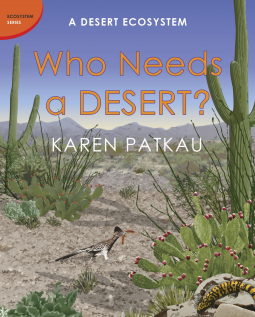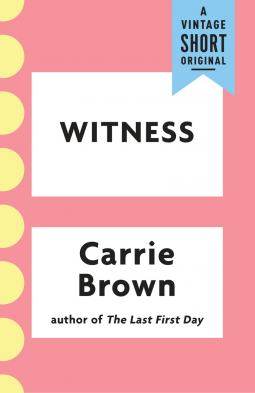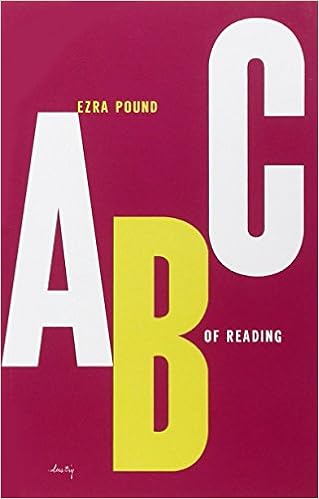Rumi: Unseen Poems
by Rumi
Knopf Doubleday Publishing Group
Everyman's Library
Poetry, Religion & Spirituality
Rumi, a Sufi poet from the thirteenth century, was made popular in the US by poets Coleman Barks and Robert Bly. Brad Gooch and Maryam Mortaz claim to have gotten closer to Rumi's intent while maintaining the spirit of the originals. Gooch and Mortaz collect, as the title suggests, poems that had yet to be translated, or ones that hadn't quite hit their mark.
Both Barks and Bly would play instruments and slowly read the poems. It is nice to divorce the words from the extra sounds and just revel in their cadence.
Without music, some poems attain a rhythm close to what Rumi states: "Physician, recite a magic spell":
Once again you are unkind. Remember....
Saying we'd be joined until the Resurrection.
Now you're joined with cruelty alone. Remember.
You whispered in my enemy's ear.
You saw me and you hid. Remember.
or perhaps my favorite, Blakean poem:
What better cure than madness?
Pull up a hundred anchors with madness!
Sometimes the intellect gives rise to apostasy.
Have you ever seen doubt caused by madness?
When your pain grows fat, go mad.
Your pain will grow thin from madness.
In the tavern where the mad ones go,
Quickly grab a cup of madness....
To find your love,
I opened a hundred doors of madness.
Elsewhere he speaks against madness. Like Whitman, he accepts contradictions. Likewise, he speaks against wordplay, but we entire into contrariness and wordplay in this lovely passage:
Whether I call it a pen or I call it a pennant
It is both aware and unaware, such unaware awareness!
The mind cannot fully explain such contraries,
A kind of artful artlessness, a marvelous form freely formed.
Some poems have rhythms or repetitions that do not feel natural in English (translations make it difficult to lay blame although certain liberties may have been needed):
Where is the grace I saw in your face all night?
Such a sweet story I heard from you, all night.
Although your flame burned the moth of my heart,
I circled the flame of your beautiful face, all night.
Before your beautiful moonlike face, night veiled itself.
I ripped apart the veil of night, all night.
My soul, full of joy, licked itself like a cat.
Like a baby, I sucked my thumb, all night.
and
Today the line between a stranger and me,
I do not know.
So drunk that the road to my own house,
I do not know.
Beautiful passages do dot the book:
O heart, since the royal falcon hunted you,
You are able to translate the secret language of birds. Such translations!
and
where did that tall, shapely cypress tree go?
He spread his light among us like a candle....
Go to the garden and ask the gardener...
Go to the rooftop and ask the watchman--
That unique sultan, where did he go?
Some passages we may need more context in terms of 13th century Persian language and in terms of the Quran:
I blush when I call love human.
I fear God too much to say that God is love.
This seems a rebuke of Judeo-Christian notions, which is fine, but what does he propose instead? Is it implicitly understood? Or is it the leaping, dancing and fire? Those, though, seem more of an aspect of the believer than of God, unless by doing them the believer becomes God. It's hard to tell without context.
The other problem is that much of the text is addressed to a lover, which I understood to be both literal and God, but maybe it is just the lover, or maybe just God. If the lover is God, then in what ways is God love or not love? How are we to know without more context? I am asking for a generous introduction, setting the stage for our reading.
I cast my net wider to find my own net wider and
read on Wikipedia, "Rumi spent the next twelve years of his life in Anatolia dictating the six volumes of this masterwork, the
Masnavi." This only raises more questions. Are these poems pieces of one larger work? Or just dissociated poems? If the latter, are we to read meaning into them or read meaning out of them?
So I spread my net wider. Gooch, one of this volume's editors, apparently was
more forthcoming with the BBC:
says Gooch[,] “[Rumi and a wandering mystic known as Shams of Tabriz] have this electric friendship for three years – lover and beloved [or] disciple and sheikh, it’s never clear...." Shams disappeared. "[Rumi's] work comes out of dealing with the separation from Shams and from love and the source of creation, and out of facing death.... a line from Rumi: “Out beyond ideas of wrongdoing and rightdoing there is a field. I'll meet you there.”
In the same article, Anne Waldman addresses the implied question that Gooch raises, calling the verse “homoerotic... consummated or not." Maybe. But could it be a vibrant Platonic love--something our culture cannot fathom because we have bound or limited all "love" to just one: the sexual kind?
"Rumi's poems articulate what it feels like to be alive," says Lee Briccetti.... “And they help us understand our own search for love and the ecstatic in the coil of daily life.”
Mojaddedi relates for the BBC Rumi’s four innovations:
- his direct address to readers in the rare second person
- his urge to teach [‘inspirational’ literature]
- his use of everyday imagery
- his optimism of the attainment of union within his lyrical love ghazals. The convention in that form is to stress its unattainability and the cruel rebuffs of the beloved. Rumi celebrates union.
This all helps although it doesn't seem true that the "you" is the reader. Perhaps the lover, or an aspect of one's self (e.g. the heart as seen above), or even God. Or are all these conflated: reader, lover, self, God?
It's great to know how Americans read it, what they find appealing. But how do Muslims read it within their tradition?
Again Wikipedia goes on to say that Rumi speaks on his own work:
I am the servant of the Qur'an as long as I have life.
I am the dust on the path of Muhammad, the Chosen one.
If anyone quotes anything except this from my sayings,
I am quit of him and outraged by these words.
[T]he book of the Masnavi... is the Explainer of the Qur'ân.
Do any of our Western readings chaff the Quran? Would Rumi be outraged? Do Muslims accept or reject the way Westerners read Rumi? Do they have something in between or have a different interpretation entirely? One Muslim acquaintance called Rumi's work religious, and we Westerners tend to remove the verses from this context. Why do we do that, and what is the religious context?
The title of the collection is curious as well. This isn't the normal way we'd call such poems. We might call them [previously] "uncollected or "new translations," not "unseen." Does that suggest that we haven't yet seen Rumi and here he is now? Or are these poems that ask us to un-see? Why do they suppose these verses had yet to be collected? Why are they choosing these verses for this volume? What does it add or reshape what we know about Rumi and his vision?
As you can see, the volume raises questions that a good introduction needs to set straight, given that these poems have traveled so far in time, distance and language. But we do get moving selections, selections to inspire us, selections that sway with grace.
This volume will appear on September 10, 2019.
Who Needs a Reef?











